SUMMARY
This is AI generated summarization, which may have errors. For context, always refer to the full article.

Young Maranao Ben (not his real name) thought that going abroad to work would help him support his family in Saguiaran town, Lanao del Sur.
The 23-year-old prepared his travel documents after he got a job as a waiter in Abu Dhabi in the United Arab Emirates in February 2020. After he completed all the requirements, Ben went to Manila for a final medical checkup prior to his departure, excited at the prospect of support his parents and four siblings.
“My family had to borrow money to buy my plane tickets for Manila. We are not rich. I needed the job to support them,” he said.
He is just one of the thousands of Maranaos still struggling to survive the squalid conditions in temporary shelters after the 2017 Marawi siege drove them away from their homes.
But the results of his medical examination sent his world crashing down: Ben was found to have mild pulmonary tuberculosis (TB), a contagious, airborne infection that destroys human tissues.
In a 2019 report, the World Health Organization said about a million Filipinos have TB. The Department of Health said tuberculosis kills an average of 70 Filipinos a day despite being “a preventable and curable disease.”
In Lanao del Sur, the provincial health office said there were 171 residents sick with tuberculosis and another 3,319 residents in 11 towns showed early signs of the disease.
Battling TB amid a pandemic
Ben went home dejected – the UAE restaurant no longer wanted him because of his medical condition.
Back in his hometown, he went to the municipal health office to seek treatment. The Saguiaran municipal health office had him X-rayed and was able to confirmed that he was afflicted with pulmonary tuberculosis.
Ben is now undergoing daily treatment of anti-tuberculosis drugs that were made available for him free of charge.
Dr. Apasrah Macumbal-Mapupuno of the Lanao del Sur Provincial Health Office said Ben was fortunate that the municipal health office had the medicine to treat him, as much of the budget in the province for treating tuberculosis has been diverted to combating COVID-19.
“Treatment for tuberculosis has taken a back seat because of COVID-19,” she said.
Mapupuno said the Genexpert machine for tuberculosis molecular laboratory at the Amai Pakpak Medical Center in Marawi City was also converted for use in COVID-19 tests at the start of the pandemic in 2020.
“Much of the funds for the early detection of tuberculosis and other diseases also ran out as the money went to the fight against the coronavirus,” she said.
When the money ran out, Mapupuno said, salaries for the drivers of motorcycles who collected the sputum tuberculosis samples from Lanao del Sur’s 39 municipalities were not paid.
She said they also ran out of anti-tuberculosis drugs for the TB patients, which were supposed to be readily available and given for free.
TB treatment involves taking medication for a minimum of six months. Drug-resistant TB, however, is a major concern because it can no longer be treated with previously effective drugs.
“For a year, we do not know what is the situation of TB infection in the province,” Mapupuno said.
Taking action
Mapupuno said they were especially concerned about the cramped houses where thousands of internally displaced persons like Ben have taken temporary shelter around Marawi City.
In its May 2020 report, the United Nations High Commissioner for Refugees said 120,000 IDPs were still displaced in temporary shelters that dotted the land around Marawi.
The UNHCR report said that the pandemic heightened the health risks of the IDPs and their communities because of limited access to health care.
Johayma Diama, project manager of Maranao Development Center (Maradeca) Access TB program, said the dire health situation in Lanao del Sur ended with the help of an international NGO.
Diama said they wanted to find out whether the tuberculosis cases in Lanao del Sur had increased or decreased.
“There was no available data with the provincial health office because they were focused on combating COVID-19,” Diama said.
Diama said what they first did was to rent mobile X-ray clinics on trucks and deployed them to 10 of Lanao del Sur’s 39 municipalities. She said the people were surprised because this was not done before.
“Our tactic was to bring the X-ray clinics to the towns rather than ask the residents to come to Marawi,” Diama said.
Diama said the results were encouraging: some 6,000 residents availed of the services in the mobile clinics and had themselves X-Rayed.
She said 171 residents were suspected to have TB, mostly aged 60 to 80.
Of the 171 residents, Diama said 47 elderly Maranaos tested positive for TB using the GenXpert machine for tuberculosis in Marawi.
Diama said they met initial resistance because many residents feared that they would be stigmatized if found that they had TB.
She said they had to ask the help of the town mayors to convince residents to get tested in the X-ray clinics.
“The situation changed when the town mayors helped in asking their residents. More people came to the clinics because their leaders asked them,” Diama said.
Data culled by Maradeca were incorporated with those from the Lanao del Sur provincial health office. – Rappler.com
Froilan Gallardo is a Mindanao-based journalist and an awardee of the Aries Rufo Journalism Fellowship.
Add a comment
How does this make you feel?


![[Time Trowel] Evolution and the sneakiness of COVID](https://www.rappler.com/tachyon/2024/02/tl-evolution-covid.jpg?resize=257%2C257&crop=455px%2C0px%2C1080px%2C1080px)


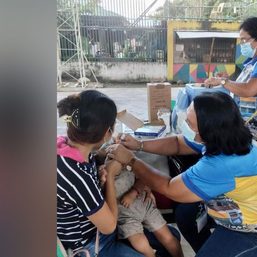
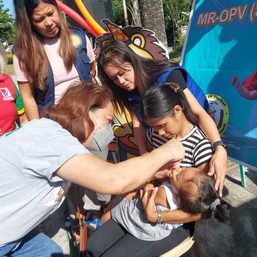
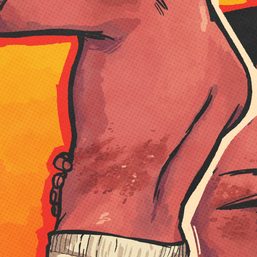
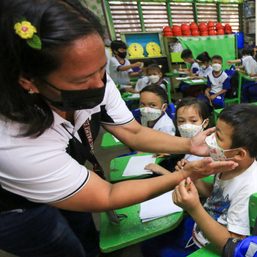
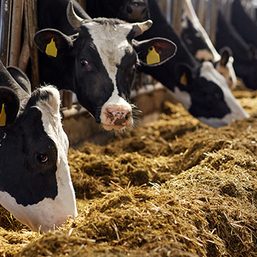
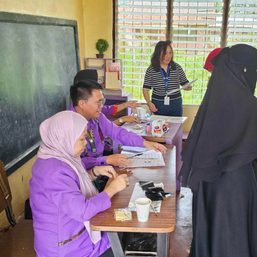
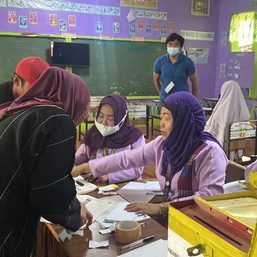
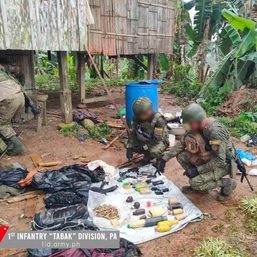
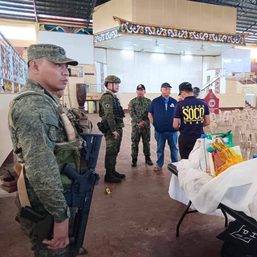
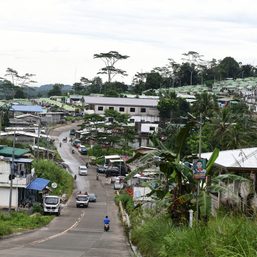
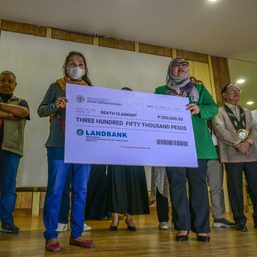
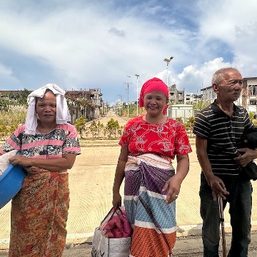
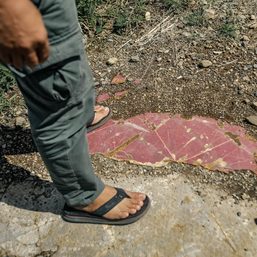
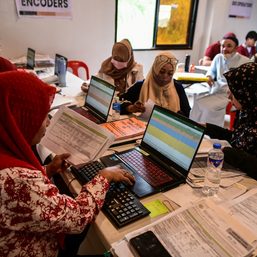
There are no comments yet. Add your comment to start the conversation.